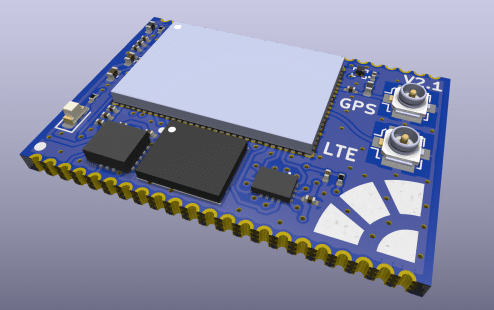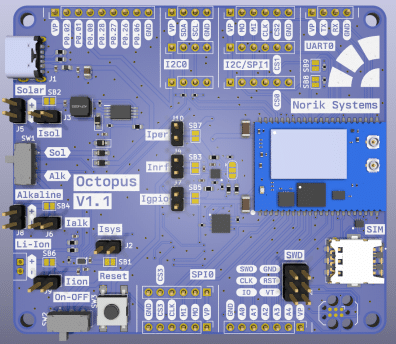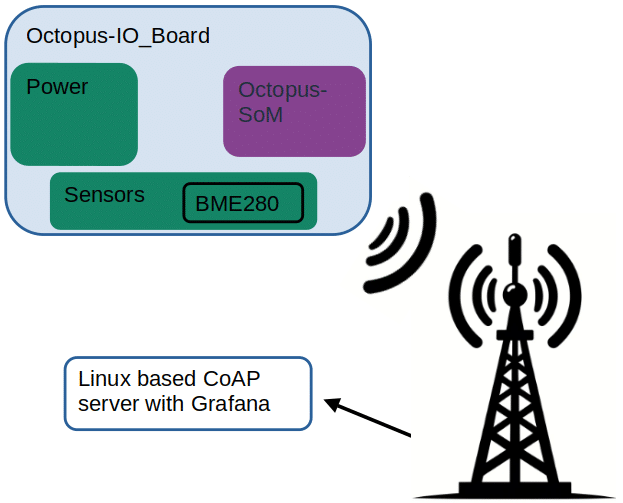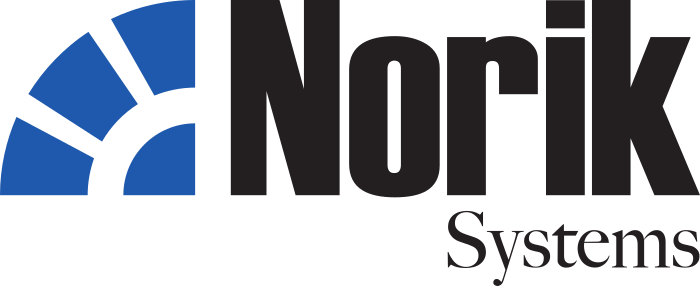We developed the Octopus-SoM, a System-on-Module centered around the nRF9160 module. Designed for off-grid environments, it offers NB-IoT and LTE-M connectivity, ideal for tracking and observation tasks in remote areas. Its built-in accelerometer enables motion detection, suited for diverse projects from wildlife monitoring to vehicle control. Complementing the SoM, our Octopus-IOBoard manages power and enhances sensor connectivity, supporting various power sources including solar charging. This combination of Octopus-SoM and Octopus-IOBoard is tailored to simplify and empower a wide range of sensing applications, providing engineers with effective tools for data collection and analysis.

Addressing the Challenge: The Need for Efficient Remote Connectivity
Our project addresses the need for connectivity in remote, off-grid areas where traditional internet and power are inaccessible. Utilizing the nRF9160 for its low power consumption and mobile internet capabilities, our solution supports long-term research and observation with a variety of sensors and advanced power management, optimized for solar charging. This is especially crucial for environmental monitoring in remote wilderness, agricultural data collection in areas without internet, marine research, and infrastructure monitoring in distant locations, ensuring consistent data transmission to servers in these challenging environments.
Octopus-SoM: Robust Connectivity in Remote Areas

The Octopus-SoM stands as a central unit in the Octopus board combo, featuring the nRF9160 module which enables LTE-M and NB-IoT connectivity, along with GPS functionality. This integration ensures strong communication capabilities for seamless data transmission and accurate location tracking in various IoT applications. Notably, the power efficiency of Octopus-SoM, especially when integrated with the Zephyr operating system, is a critical aspect. It minimizes power consumption, allowing prolonged operation in remote areas where power sources are scarce, making it ideal for off-grid applications.
Octopus-IOBoard: Power Management and Sensor Integration
The Octopus-IO Board is designed to complement the Octopus-SoM, offering a robust environment for both development and power management. It supports a variety of power sources, including MPPT solar power, LiPo battery, Alkaline battery and USB, ensuring the system’s continuous operation under diverse conditions and implementations. The board is also equipped with multiple I2C and SPI connectors, along with analog and digital IO connectors, enabling extensive sensor integration. Additionally, it features an SPI flash for long-term data storage, critical for collecting data in environments with unreliable mobile connection.

Real-World Application: Solar-Powered Weather Station Demo

We developed the demo application as a practical test for our Octopus system. The goal was to understand the power and data consumption in a real-world scenario. We chose a weather station for this experiment because it could utilize the capabilities of the Octopus boards effectively. The station sent environmental data to our server, and we used Grafana for displaying the data visually.
